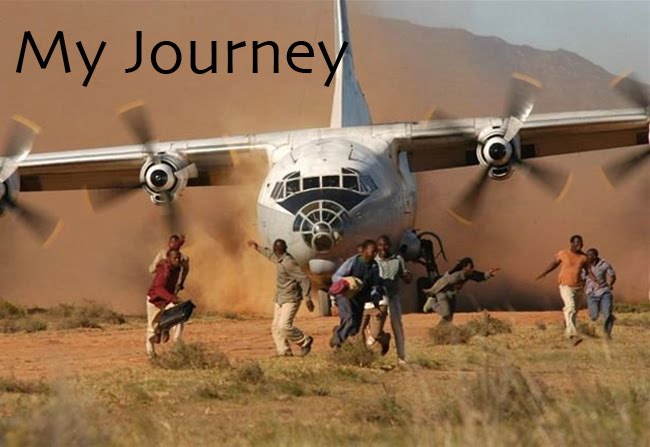When you run a small company, you're essentially self-employed because success, failure or the blending of the two falls to -- YOU. In the US, the government is there to saddle you with taxes that 'other people' don't pay. After you're done paying your federal income tax, state income tax, your property tax, sales tax and various excise taxes, the Federal Government allows you to participate in the great self-employed adventure by slapping an additional 15.3% on your shoulders just to show you that they love you. (thanks)
Fortunately, because they want the 'little man' to prosper, they only tax the 15.3% on the first US$106,800 you earn each year. After you've paid the extra $16,300.00, for the honor of being self-employed, you don't have to pay anymore - until next year. That's on top of your regular tax rate.
But if you're not successful being self-employed, there is no unemployment safety net that "regular employed people" enjoy.
Self-employment means that you fail a lot. I run somewhere close to a 90% failure rate on landing any particular project I wish to undertake, so I'm in the market for that illusive 10% success - which will be taxed thoroughly with a 15.3% kicker on top.
Gallup ran a poll and found that 57% of Americans would rather be self-employed. Most of those people who responded were not self-employed. They simply thought it would be cool to work your own hours, in a place of your choosing with people you like. And while that's true, it's not all that it's cracked up to be.










































